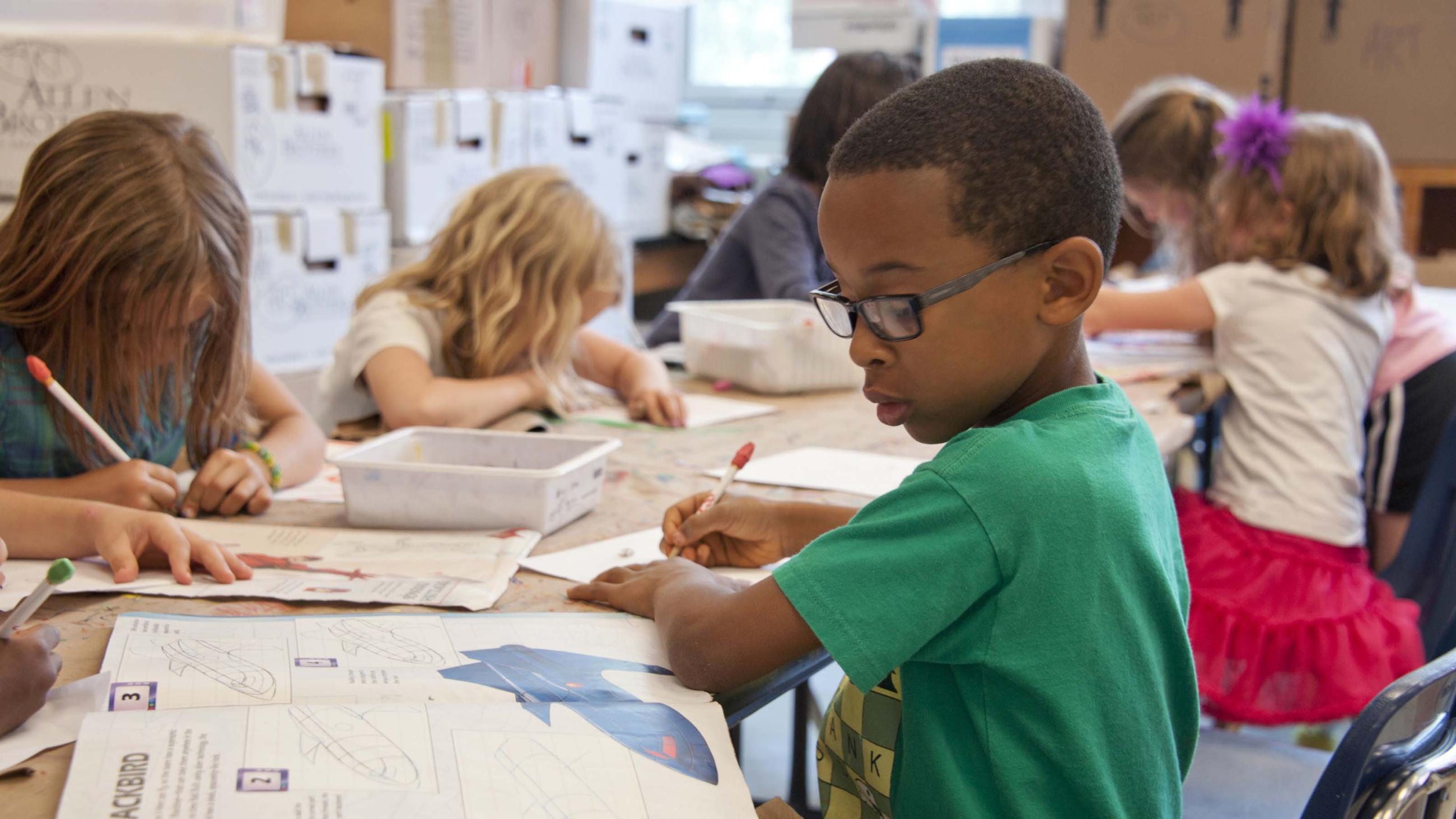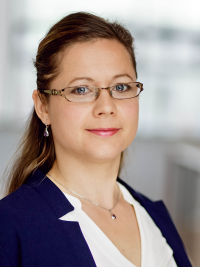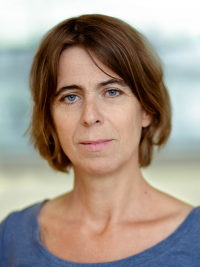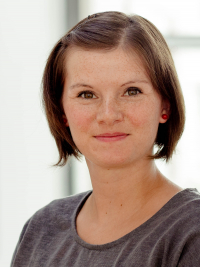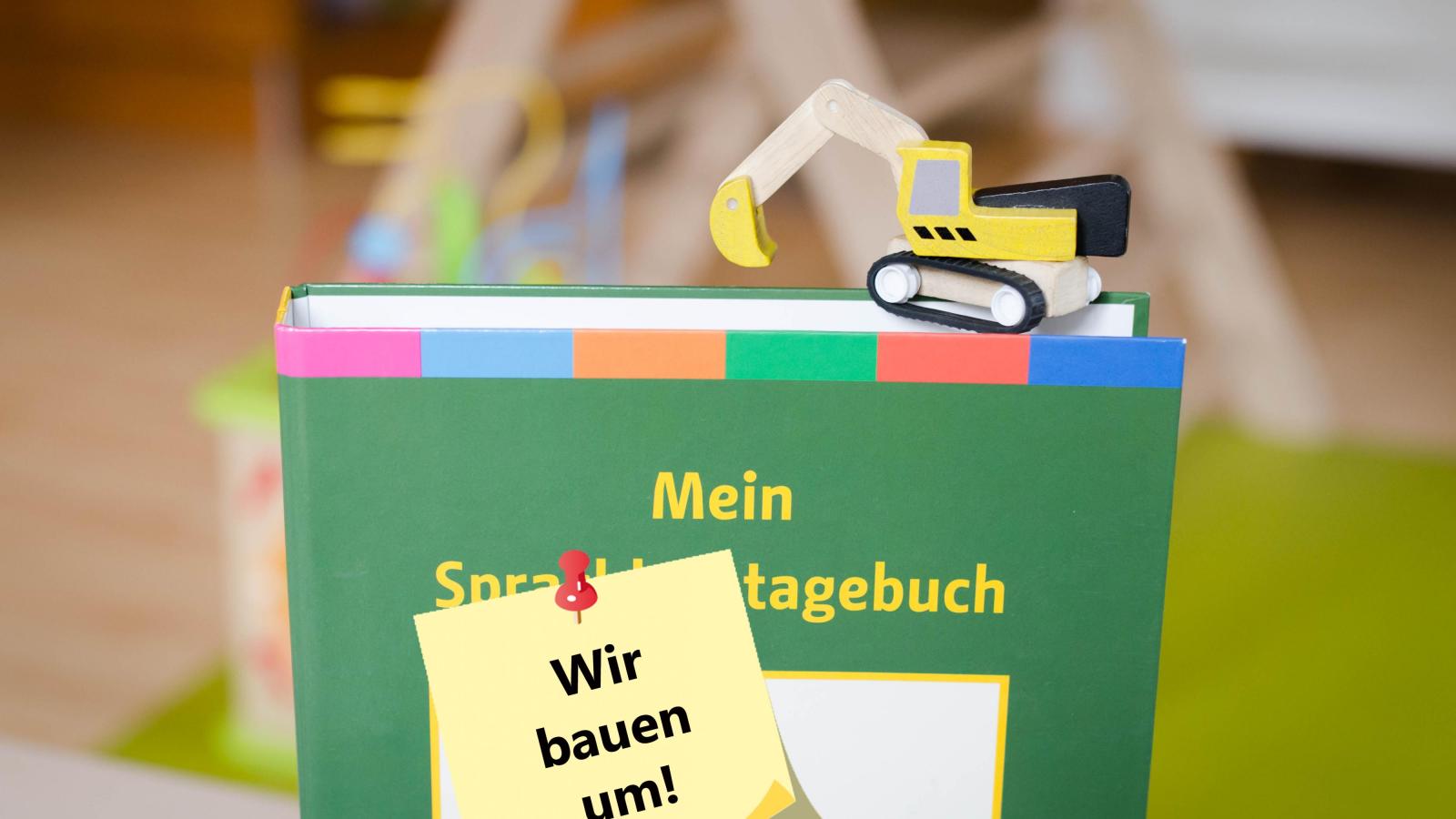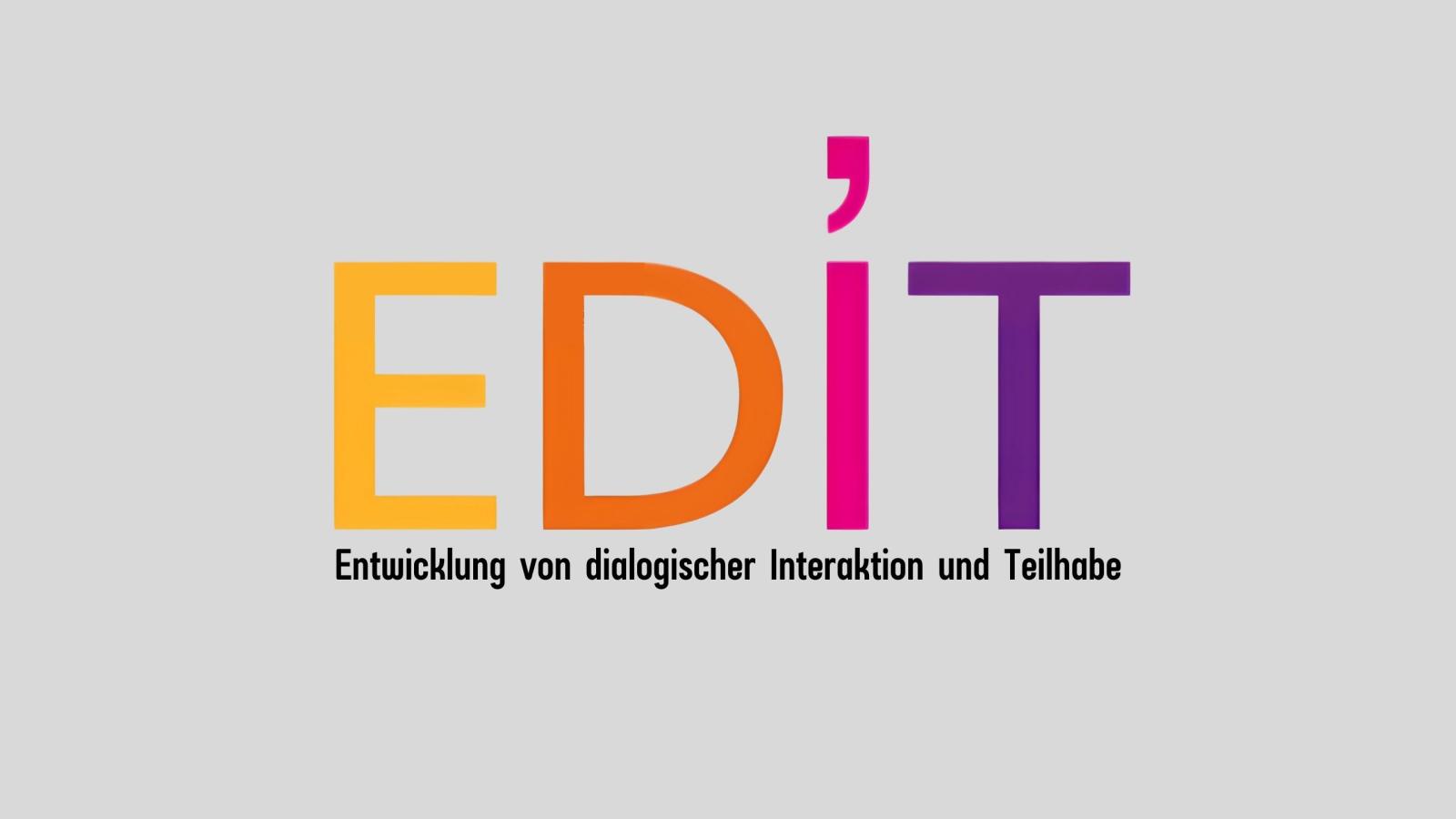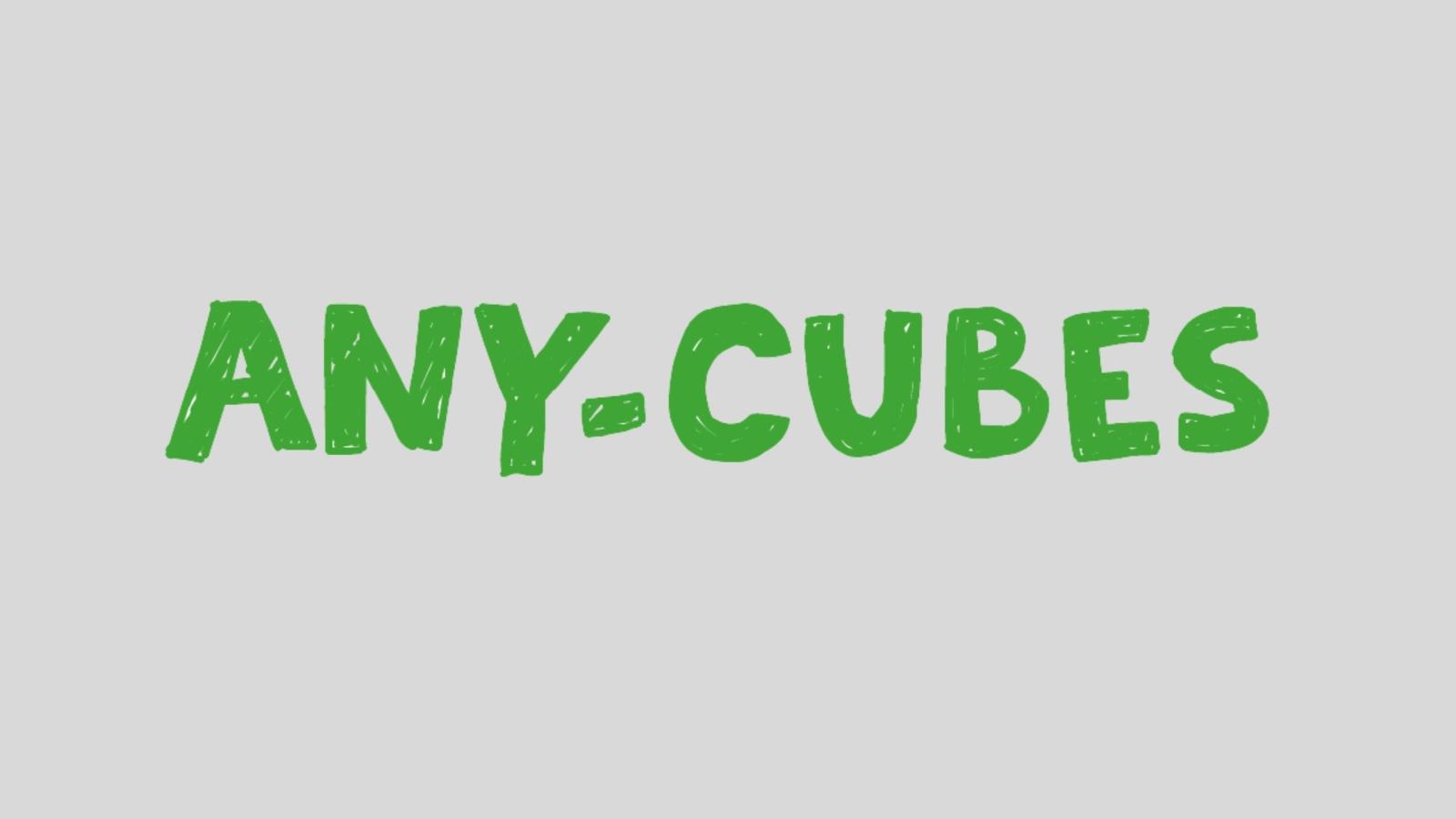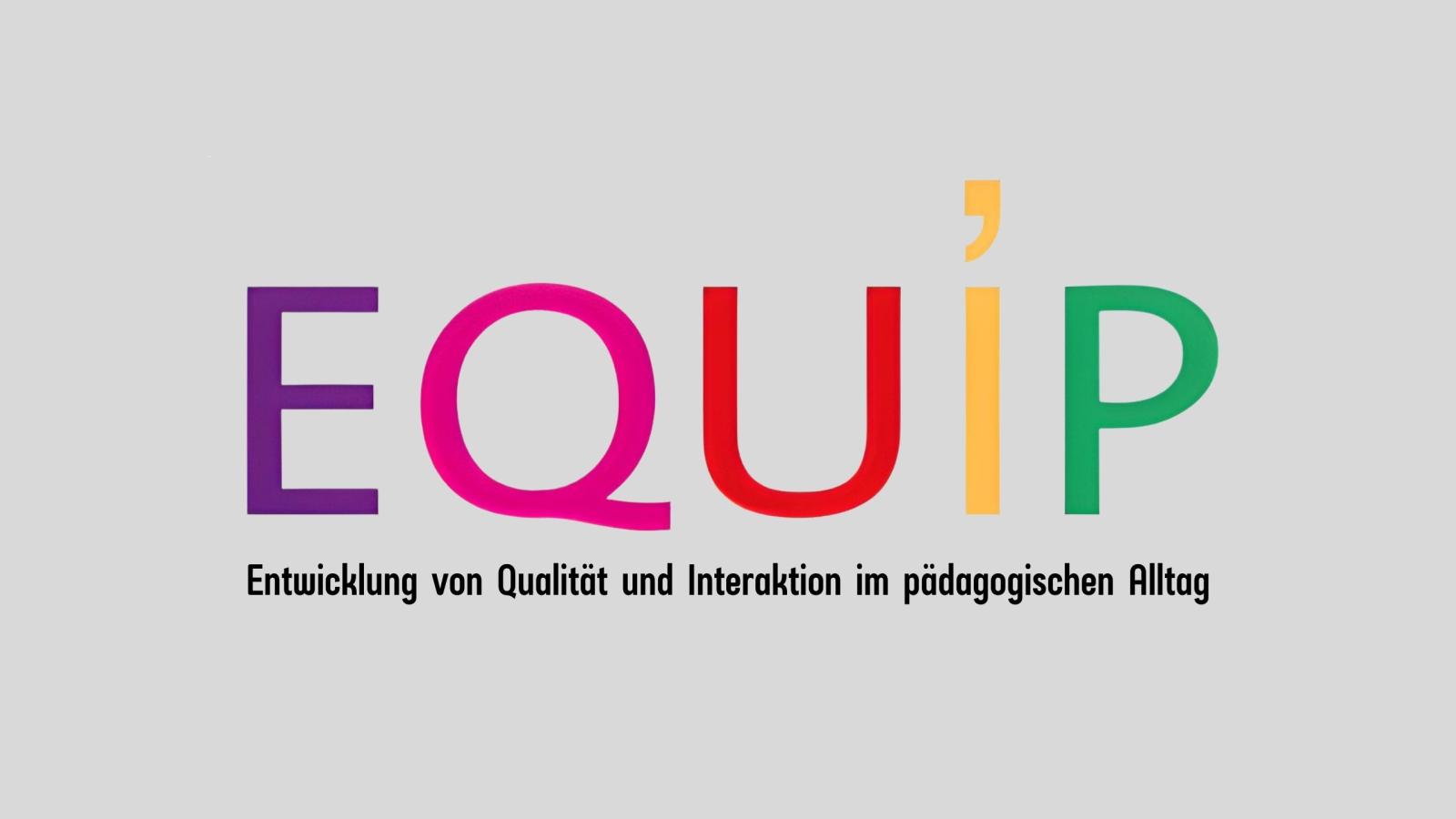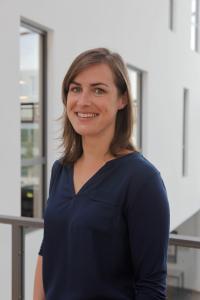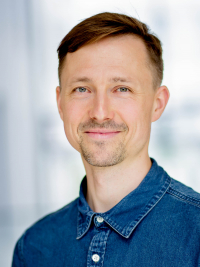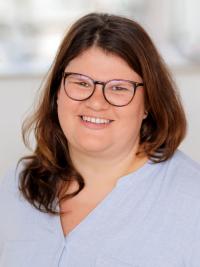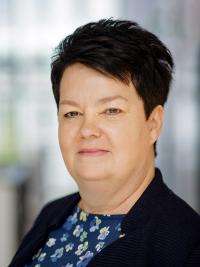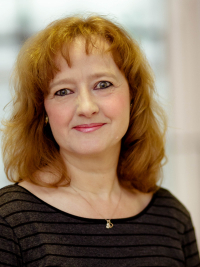What was your motivation to enrol in early childhood education?
My interest in the degree programme was determined by the time I spent abroad in Indonesia, China and Australia. Especially the big difference between access to education and the way of life in the different cultures and countries made my interest and desire to make a difference grow. But my bachelor's degree in teaching and learning at Leuphana in Lüneburg also sparked my desire to develop something for and with children. Topics such as developmental psychology, teaching methods, didactics, but also education for sustainable development, global learning and children's rights were very central in my course of studies.
What did you study before and what was your professional/academic career like?
I finished my abitur in Hamburg and then spent half a year in China as an au pair and then did work and travel in Australia for another 6 months. After that, I studied teaching and learning for primary school at Leuphana in Lüneburg, with the subjects of German and subject teaching. I specialised in history here.
I did two internships directly at school. One in Lüneburg and one in Indonesia. In Indonesia, I taught English in a class in Bojonegoro for one or two months. That was so much fun and at the same time I got to know such different perspectives on education and work that I really wanted to study something that would give me a perspective on driving change in the world and especially for countries and cities that are further away from education.
As a sideline, I worked mainly as a saleswoman and always wanted this distinction between my studies and my work, so that I wouldn't lose interest in it prematurely.
What do you do for a living today?
I now work as a social worker or as a project assistant for Global Digital Learning and Education for Sustainable Development at LHS (Lebenshilfe in der Schule GmbH). Together with a team, we develop methods for children from 3rd to 7th grade on the topics of ESD, digitalisation and global learning, which we then also apply and reflect on in working groups at various schools. This project promotes development education and supports and cooperates with East African cities such as Uganda.
